If you're a trout fisherman, then the fish that draws you to the river relies on cold water. It does't matter whether you're talking about brook trout, brown trout, westslope cutthroat or steelhead; trout need cold water. And in today's warming climate, cold water is becoming increasingly scarce. For those of us that love trout fishing, and want to preserve trout populations, this is problematic. After all, it's not like we can just pick up trout and move them to colder water. Or can we?
Fisheries scientists in Montana, for the last several years, have been doing just that. The scientists have been relocating bull trout within their native watersheds, by moving them father upstream or into tributary streams, often beyond impassible barries (waterfalls, etc) and into areas where cold water is more likely to persist into the future. This and other possible reactions to a world of climate change warmed waters are explored in a recent article by Trout Unlimited's senior scientist, Jack Williams.
About Montana's relocation efforts, Williams writes, "At this small scale, it’s more like an experiment than a novel management strategy, but it begs the question: Should we move these fish to cooler water they never inhabited to help them escape the warming water within their native range?"
Williams highlights the possible benefits of small scale strategies such as these relocations, as well as their pitfalls and digs into other efforts — namely reducing overgrazing, reducing road construction and poor road maintenance, and rebuilding or remediating poorly designed culverts — that can help reduce water temperature related stresses on trout during a warming climate.
But technology and the efforts of fisheries scientists only form part of the picture and may be little more than stopgap measures.
More Like This
Williams cautions, "Of course, if we don’t get our act together and start reducing greenhouse gases in the atmosphere and in the oceans, future generations are likely to have bigger problems to face than poor trout fishing. Ultimately, we must tackle the roots of these problems not just the symptoms. Our ability to find technological solutions to environmental problems is much more limited than we would like to believe."
With climate change sending ocean temperatures soaring, the effects are hard to predict and are at too grand a scale to engineer our way out of. In describing the problems caused by warming oceans, most notable among them nutrient deficiencies, Williams warns that persistence of warmer ocean water for periods of several years or more will result in the loss of entire stocks of salmon and steelhead.
That, Williams adds, "is a problem that fisheries science cannot solve."








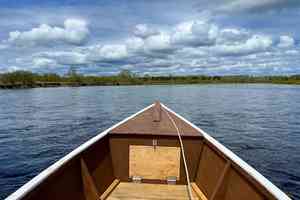



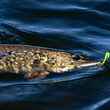
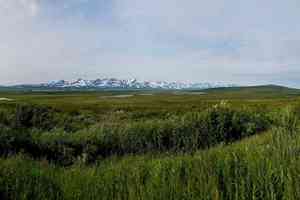



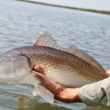




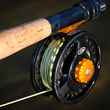









Comments